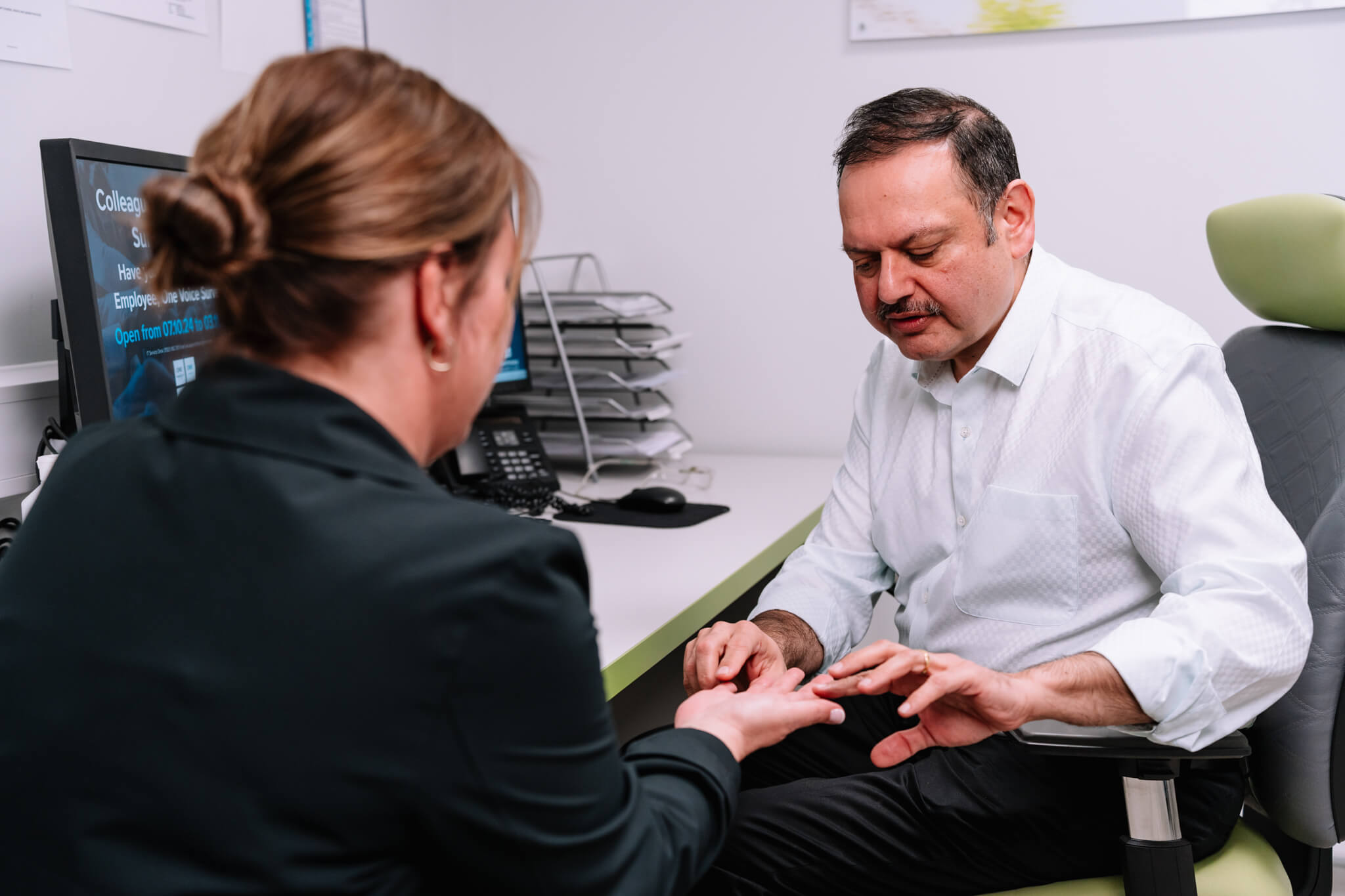Rivers Hospital Specialists
-
-
Mr Philip Donkor
Mr Philip Donkor is a Consultant Gynaecologist in Sawbridgeworth, Hertfordshire specialising in obstetrics.
Read more -
Miss Kamilia El Farra
Miss Kamilia El Farra is a Consultant Gynaecologist in Hertfordshire who specialises in infertility, recurrent miscarriage, menstrual disorders, fibroids, key hole surgery, colposcopy, prolapse, stress incontinence, urogynaecology, pelvic pain, and menopause.
Read more -
-
Miss Rahat Khan
Miss Rahat Khan is a Consultant Gynaecologist in Hertfordshire, specialising in pelvic pain, infertility, abnormal bleeding, prolapse, miscarriages, endometriosis, fibroids, polycystic ovaries, heavy periods, and hysteroscopy.
Read more -

Mrs Saadia Noreldeen
Mrs Saadia Noreldeen is a Consultant Gynaecologist specialising in menstrual disorders, prolapse, polycystic ovaries and adolescence gynaecology.
Read more -

Miss Jyoti Rachna
Miss Jyoti Rachna is a Gynaecology Consultants in Sawbridgeworth, Hertfordshire
Read more -
Mrs Nora Roberts
Mrs Nora Roberts is a bladder and bowel specialist nurse working in Essex.
Read more


